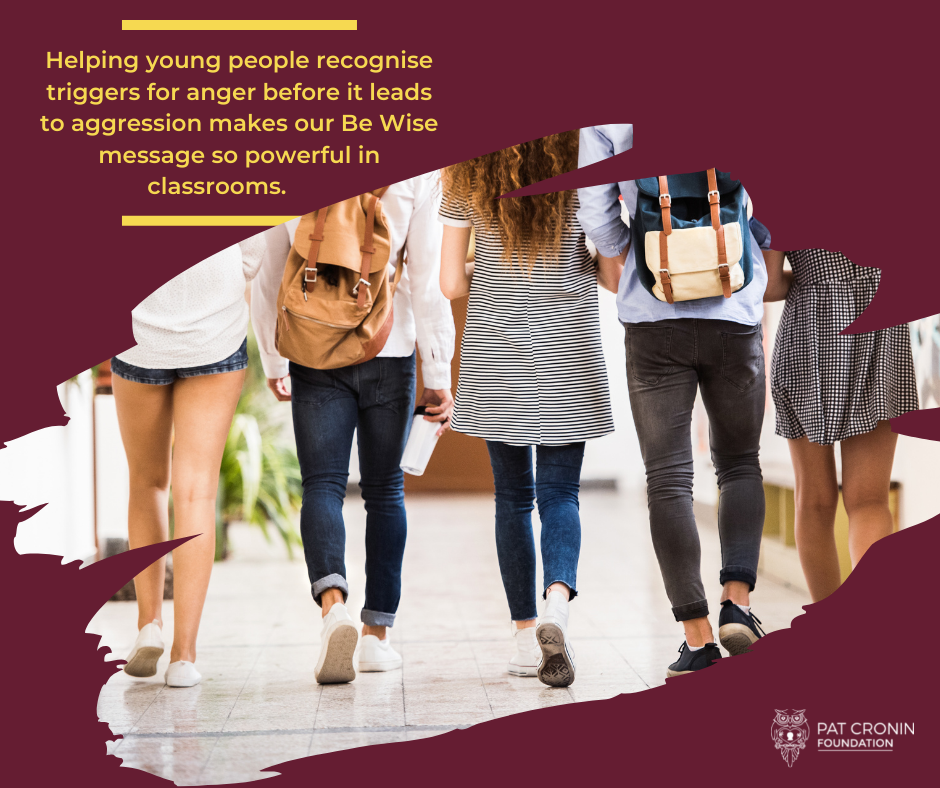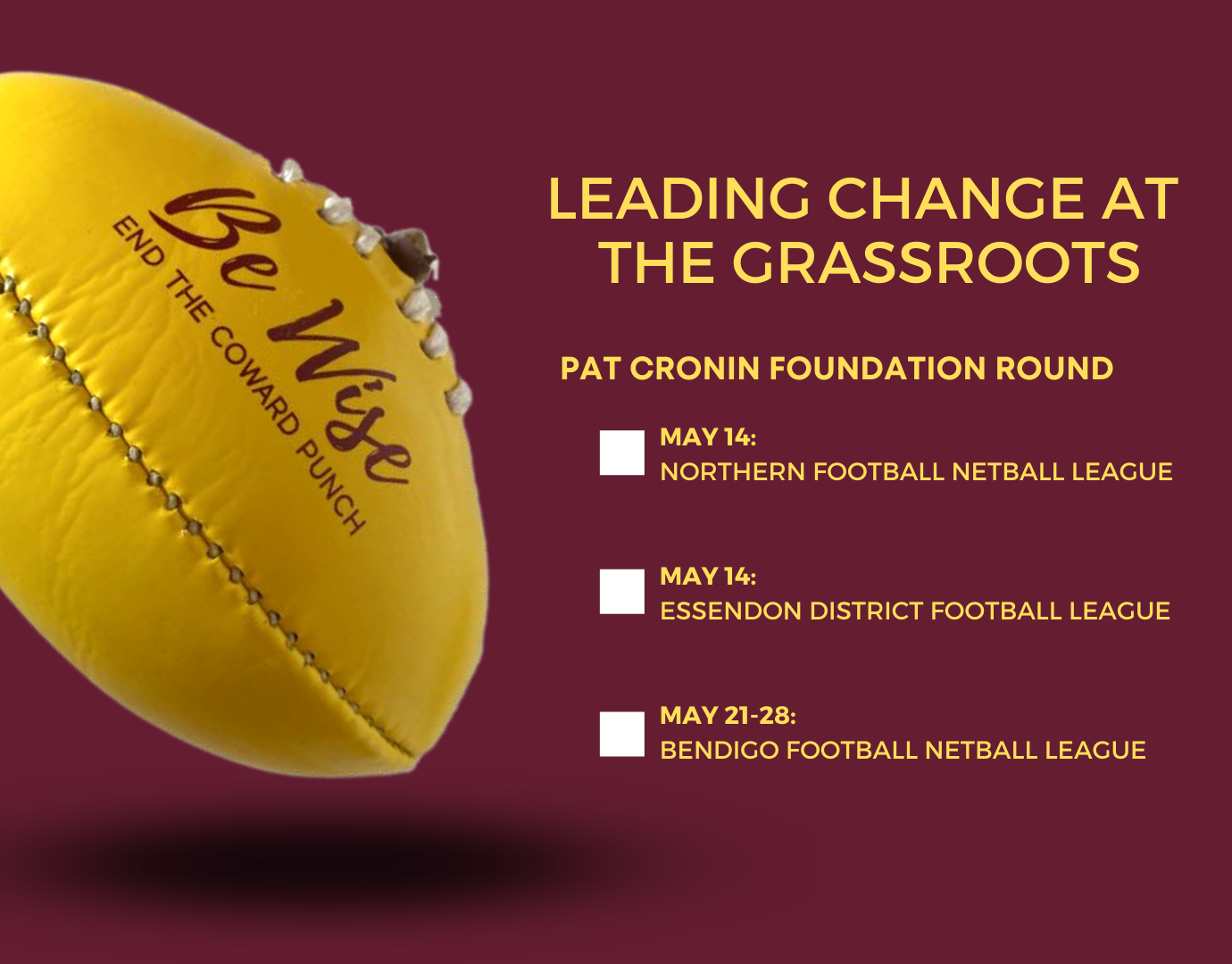
We’re sometimes asked by schools and clubs if young women need to hear our Be Wise message.
After all, isn’t violence mainly a male thing?
The short answer is: Women and non-violent men are in no way responsible for ending male violence. However, everyone can still be part of a community-wide attitude change that helps prevent all manner of social violence.
Let’s unpack what we mean by that, including our definition of social violence.
Social violence is physical violence between strangers, acquaintances or friends that occurs in a social setting, such as parties, on public transport, at hotels, sports, or community clubs.
While it’s true young men are far more likely to be involved in physical assault, challenging outdated notions of masculinity is only part of what we cover in our Be Wise Presentations and new E-learning modules for students.
We also highlight the often devastating impacts of bullying, online slander and passive aggressive behaviour – issues not defined by gender.
But of course, we don’t just leave it there.
It’s crucial that everyone has at least knowledge of strategies to avoid violence in their kitbag of essential life skills.
We explore real-world techniques to assist everyone – and importantly those around them – stay safe in a range of social settings.
Aggression – nobody is immune
Anger is an emotion. We all get angry from time to time.
We can’t control how we feel, but we can control our actions – that includes aggressive behaviour such as shouting, name-calling, intimidation, bullying, pushing – and worse.
Regardless of gender, anyone can be involved in these behaviours.
And contrary to popular belief, the triggers for anger are generally the same, and experienced with similar intensity and frequency.
While men are more likely than women to use physical violence, sustained aggression such as bullying for instance, can also have tragic consequences.
Unfortunately, due to social media, there’s nowhere for today’s young people – to hide from the torment. Thanks to the pre-eminence of mobile devices, it even follows them home.
All of this makes it vitally important that everyone in our society – no matter who they are – has the opportunity to be educated in how to respond appropriately to their emotions.
Knowing the impacts of violence and the excuses people use to rationalise it allows everyone to call it out.
Recognising the triggers for anger
Part of what we do is assist young people in recognising the triggers for their anger before it leads to aggressive behaviour.
This helps make our Be Wise messages so powerful in today’s classrooms.
These triggers can vary from person to person and include hurt, fear, jealousy, rejection, frustration, embarrassment, difficulties at home or someone saying something offensive.
We teach all young people to recognise the way anger manifests in the body, from knots in the stomach to breathing faster and tensing of the shoulders – to name but a few of the signs.
Considering the circumstances that have fuelled anger in the past can help manage it going forward.
Four essential tips for staying safe
In the heat of confrontation, our decision making can switch from a rational to a reactive state of mind – which is when things really get nasty.
Anger tends to make every one of us more impulsive and underestimate the chances of bad outcomes.
Before “a situation” ever reaches that stage, there’s plenty we can and should do – even as bystanders.
- Given that most violence occurs in social settings, try to be aware of your surroundings. Are people drinking alcohol and is help close by?
- Stay alert to how people are interacting within your group and those around them
- Look for any signs of aggression such as shouting, pushing or hostile gestures
- Most of us know a person with anger management issues, or who is involved in aggressive behaviour, fights or violence. Remain calm, empathise with them, express your concern, distract them or remove them from the situation by encouraging them to take a walk, or get help by enlisting the support of other friends.
A fundamental step in avoiding a violent confrontation is being aware in the first place of threats to your personal safety of that of your friends.
Want more? Follow us
To keep up to date with what we’re doing, check out our Facebook page. For more tips, book a Be Wise presentation. Click here or email us at info@patcroninfoundation.org.au. Check out our new Violence Prevention eLearning modules for secondary students here.




